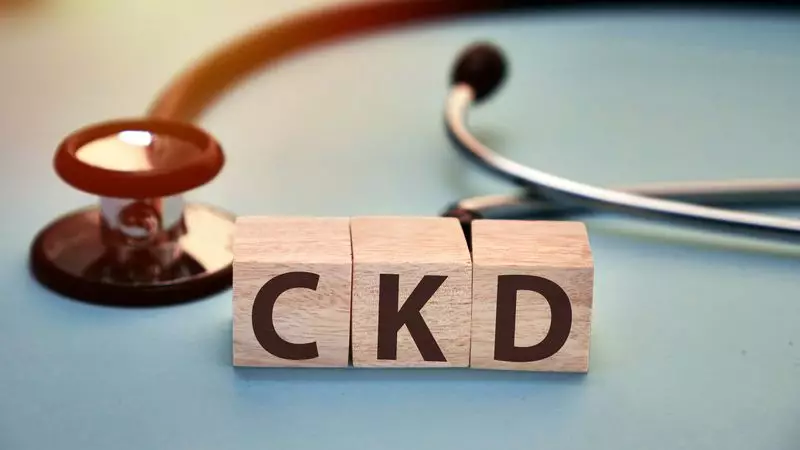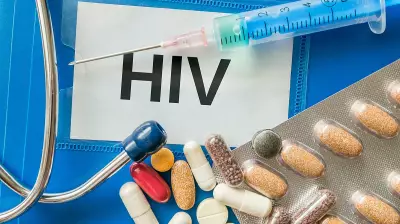
Chronic Kidney Disease operates like a silent thief in the night, often showing no symptoms until it reaches advanced stages. This stealthy progression makes early detection crucial for preventing irreversible damage to these vital organs.
The Silent Nature of Kidney Disease
Many patients discover their kidney problems only when the organs have lost significant function. Chronic Kidney Disease typically manifests no symptoms in its early stages, which is why it frequently goes undiagnosed until substantial damage has occurred. This silent progression underscores the importance of regular health check-ups, especially for those with risk factors.
The kidneys perform the essential function of filtering waste and excess fluids from the blood. When this filtration system begins to fail, toxins accumulate in the body, leading to various complications. Unfortunately, by the time most people notice symptoms like swelling, fatigue, or changes in urination patterns, the disease may have already progressed to later stages.
Recognizing the Early Warning Signs
While CKD is often asymptomatic initially, there are subtle indicators that shouldn't be ignored. These include persistent fatigue, difficulty concentrating, poor appetite, trouble sleeping, and frequent nighttime urination. Some people might notice swelling in their feet and ankles, puffiness around the eyes, or muscle cramps at night.
More noticeable symptoms that appear as the disease advances include nausea, vomiting, changes in urine output, and persistent itching. High blood pressure and anemia often accompany worsening kidney function, creating a cascade of health issues that extend beyond the renal system.
Risk Factors and Prevention Strategies
Certain populations face higher risks for developing Chronic Kidney Disease. Diabetes and hypertension represent the two leading causes of CKD worldwide. Other significant risk factors include heart disease, obesity, family history of kidney disease, older age, and belonging to populations with higher rates of diabetes and high blood pressure.
Preventive measures focus on managing these underlying conditions through lifestyle modifications and medication adherence. Controlling blood sugar levels and maintaining healthy blood pressure significantly reduce the risk of kidney damage. Regular exercise, maintaining a healthy weight, avoiding smoking, and limiting over-the-counter pain medications also contribute to kidney protection.
Early detection through routine screening offers the best chance for slowing disease progression. Simple blood and urine tests can identify kidney problems long before symptoms appear. The serum creatinine test measures waste buildup in the blood, while the urine albumin test detects protein leakage, an early sign of kidney damage.
Understanding that kidneys whisper before they fail empowers individuals to take proactive steps toward kidney health. Regular monitoring, especially for those with risk factors, can make the difference between managing CKD effectively and facing kidney failure requiring dialysis or transplantation.






